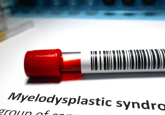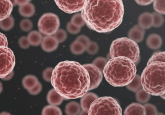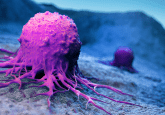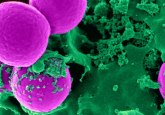International Day of Women and Girls in Science: top female-led oncology journal content
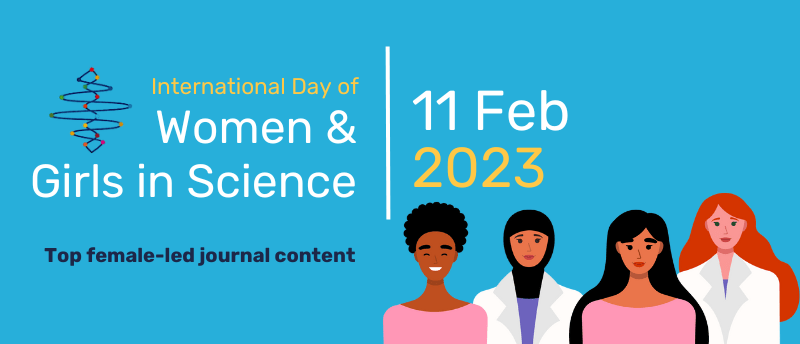
To mark International Day of Women and Girls in Science (11 February) we have collated the top female-led oncology journal content from the highly impactful journals Future Oncology and Immunotherapy to promote the full and equal access and participation of women across STEM.
Future Oncology
Yelena Y Janjigian.
This article describes the rationale and design of the MATTERHORN Phase III study. The study investigated the efficacy and safety of neoadjuvant-adjuvant durvalumab and FLOT chemotherapy followed by adjuvant durvalumab monotherapy in patients with resectable gastric/gastroesophageal junction cancer. View the paper here >>>.
Christine E Ryan.
The authors report on the MAJIC clinical trial, a study that randomly selected patients with chronic lymphocytic leukemia or small lymphocytic lymphoma to receive one of two treatments: acalabrutinib + venetoclax or venetoclax + obinutuzumab. The study then compared the two groups and assessed the efficacy of the drugs to help identify the optimal duration of finite treatment. Find out more here >>>.
Kristin M Sheffield.
This research study assesses the recurrence of tumors in breast cancer patients comparing those with high-risk tumors and those with non-high-risk tumors. The authors investigated the invasive disease-free survival and distant relapse-free survival in hormone receptor-positive, HER2-negative early breast cancer in combination with clinicopathological criteria from the Phase III study of abemaciclib, monarchE. View the full paper here >>>.
Ayse Irem Yasin, Bezmialem Vakif.
Patients diagnosed with cancer remain at a higher risk for developing a COVID-19 infection and thus remain a priority in receiving the vaccine. The authors carried out a study to determine the impact the vaccine had on the immune response rate of cancer patients to further conclude the most effective vaccine, and in which dose it should be administered without causing a disturbance in their cancer treatment. Find out more >>>.
Kim Borsky.
The authors effectively summarized the delays in breast cancer presentation that could have been a direct impact of the COVID-19 pandemic. With the closure of screening clinics, the authors evaluated if this directly caused more advanced and/or metastatic presenting cancer within the patients. Gain access to the paper here >>>.
Immunotherapy
Lida Gatto.
A review article covering the impact of immune checkpoint inhibitors on hypermutated high-grade gliomas (HGG). It concisely compiles the current information we have on HGG’s and their sensitivity to immunotherapeutic agents. Read the article here >>>.
Infrequent liver injury from cemiplimab in patients with advanced cutaneous squamous cell carcinoma
Linnea Swanson.
Check out this short communication article reviewing the use of cemiplimab as an immunotherapeutic agent in the treatment of advanced skin cancer while assessing the outcome of liver injury caused by the agent. The article observed 39 patients where only 10% developed mild liver injury suggesting cemiplimab as a preferred treatment in immunotherapy.
Make sure to share the amazing work that your colleagues are doing on the 11th February by using the hashtags #WomenInScience and #GirlsInScience and keep an eye out for our coverage of International Day of Women and Girls in Science across our site!

